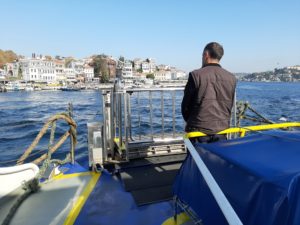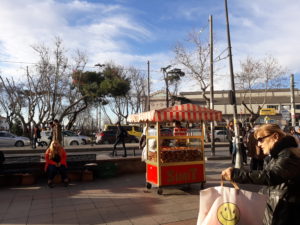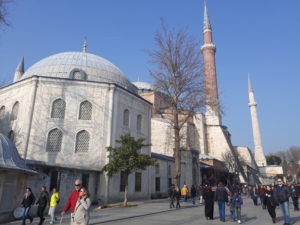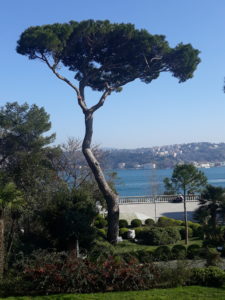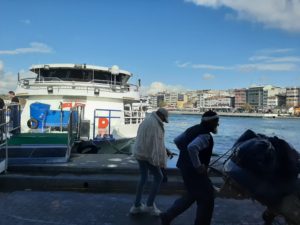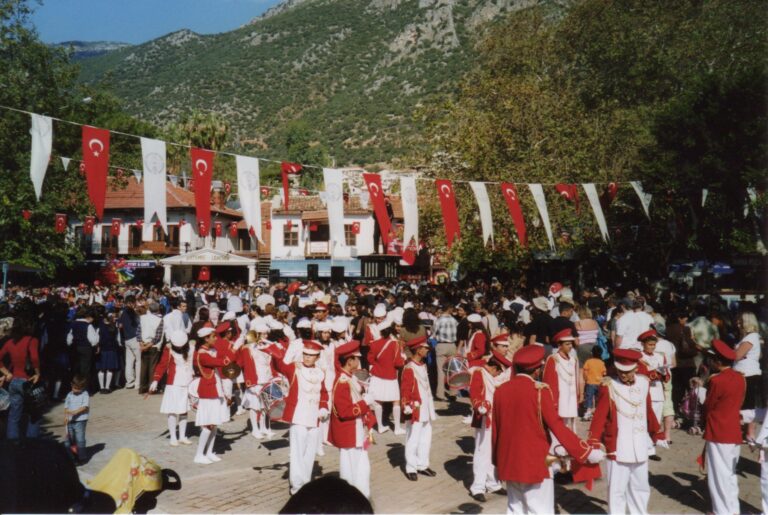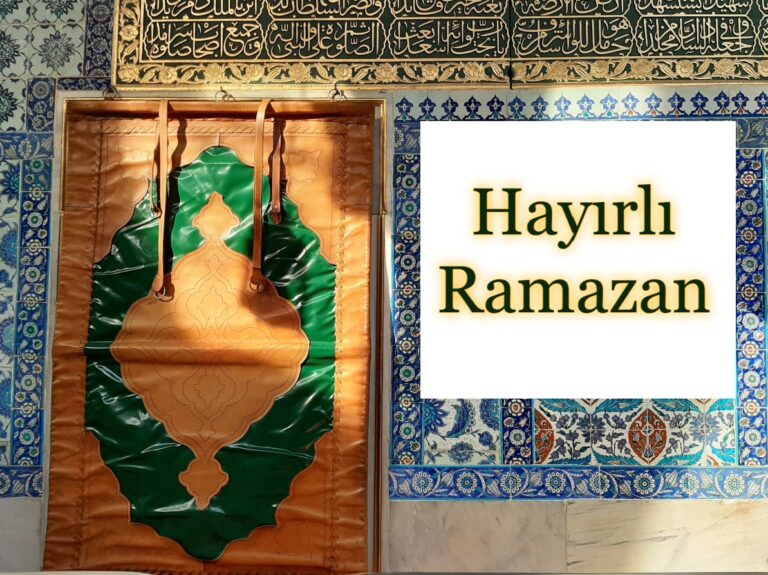Orhan Veli Kanik – an innovative Turkish poet
Everyone hopes their children and grandchildren go on to bigger and better things, but it’s unlikely Orhan Veli Kanik’s grandfathers expected their grandson would become a poet. They were both traders and yet they were exactly the people Veli had in mind when he created a new style of Turkish poetry directed at the people.
Orhan Veli Kanak was born on April 13 in 1914 in Beyköz, on the Asian side of the Bosphorus. He spent his early years in Istanbul and then moved to Ankara with his family in 1925. After completing high school there, he returned to Istanbul to take up a place in the Faculty of Literature at Istanbul University. He graduated in the middle of the Depression and started work in the Turkish Postal Service before serving as in the Army reserve from 1942 to 1945. From there he went on to work for the Ministry of Education where he used his knowledge of French to translate the works of several major French poets and playwrights.
He was writing all the time. Using the pen name Mehmed Ali Sel he engaged with new avant-garde literary styles and his poems appeared started to appear in a magazine called Varlik (Existence) from around 1936. He wrote more poems under his own name and in 1941 collaborated with two other well-known poets Oktay Rifat and Melih Cevdet Anday to produce a volume of poetry called Garip (Strange). All the hallmarks of conventional Turkish poetry such as metre, rhyme, language style and themes were discarded. In their place were poems using everyday Turkish, folklore and songs to create an art of poetry accessible to all. The reception was less than rapturous but Orhan Veli went on to publish collections of his own poetry including Vazgecemediğim (I Cannot Give Up – 1945), Destan Gibi (Like an Epic – 1946), Yenisi (The New One – 1947) and Karşǐ (Across 1949). In the same year Karşǐ was released he launched a Turkish literary review called Yaprak (Folio). By the time he died one short year later on 14 November 1950 Orhan Veli Kanık was confirmed as an innovative poet who had revolutionised Turkish literature.
Orhan Veli Kanak’s best loved work I’m Listening to Istanbul appeared posthumously in an English language version of his poetry published in 1971. For all those who love Istanbul, here it is;
I’m Listening to Istanbul
I am listening to İstanbul, intent, my eyes closed:
At first there is a gentle breeze
And the leaves on the trees
Softly sway;
Out there, far away,
The bells of water-carriers unceasingly ring;
I am listening to İstanbul, intent, my eyes closed.
I am listening to İstanbul, intent, my eyes closed;
Then suddenly birds fly by,
Flocks of birds, high up, with a hue and cry,
While the nets are drawn in the fishing grounds
And a woman’s feet begin to dabble in the water.
I am listening to İstanbul, intent, my eyes closed.
I am listening to İstanbul, intent, my eyes closed.
The Grand Bazaar’s serene and cool,
An uproar at the hub of the Market,
Mosque yards are full of pigeons.
While hammers bang and clang at the docks
Spring winds bear the smell of sweat;
I am listening to İstanbul, intent, my eyes closed.
I am listening to İstanbul, intent, my eyes closed;
Still giddy from the revelries of the past,
A seaside mansion with dingy boathouses is fast asleep.
Amid the din and drone of southern winds, reposed,
I am listening to İstanbul, intent, my eyes closed.
I am listening to İstanbul, intent, my eyes closed.
A pretty girl walks by on the sidewalk:
Four-letter words, whistles and songs, rude remarks;
Something falls out of her hand –
It is a rose, I guess.
I am listening to İstanbul, intent, my eyes closed.
I am listening to İstanbul, intent, my eyes closed.
A bird flutters round your skirt;
On your brow, is there sweat? Or not ? I know.
Are your lips wet? Or not? I know.
A silver moon rises beyond the pine trees:
I can sense it all in your heart’s throbbing.
I am listening to İstanbul, intent, my eyes closed.
Find out why I love life in Istanbul in my collection Inside Out In Istanbul: Making Sense of the City.

